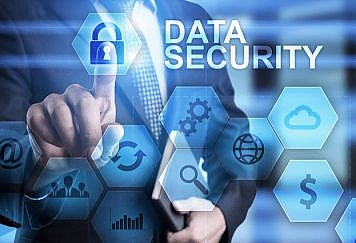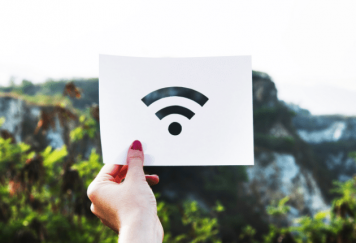When most people hear of the term ‘malware,’ they know that it is something bad. However, a lot of the time, they don’t actually understand what it is and the harm it can cause. The fact is, it can get you in a lot of trouble, so you want to know how to avoid getting infected.
In this article, we are going to discuss everything you need to know about malware so that you can protect your devices, and most importantly, your information.
Interested? Then keep on reading!
What is malware?
Malware, also known as “malicious software,” is a type of software used by hackers and cyber attackers. The intention is to gain access to your computer so that they can perform actions without your authorization. This could include stealing information, destroying content, or even just spying on what you are doing. It is usually present in links and apps but can infect your devices in a number of ways.
What are the signs?
Some malware attacks can go unnoticed for an extended period of time, but there are signs that may be present if you have been infected. Your computer may begin to crash, run more slowly, and start running programs that you didn’t install. You may also notice pop-up windows on your desktop and browser that weren’t there before.
What are the common types?
There are many different types of malware, and each can impact your devices in a variety of ways. Some of them include:
- Trojans: Malware, which is disguised as a trusted program or application.
- Worms: Spreads through the computer, duplicating itself. It generally gains access through a weakness in the system.
- Ransomware: Takes hold of files and demands a ransom for you to regain access.
- Spyware: Malware that spies on the user and harvests data.
- Virus: Attaches itself to a program or application, which then is spread through the entire network.
What harm can it do?
Depending on the type of malware on your computer, there are various things it can do. As mentioned above, it may destroy data, but what’s worse is that cyber attacks can gain access to all of your important information. This includes your passwords, bank details, address, and anything else you may have entered on your computer.
How do I prevent it?
Anti-malware software is the best way to prevent being compromised. There are many different programs to choose from, such as malwarebytes, that can help ensure your devices stay protected. They will also get rid of any malware they find on your system. There are free versions, but it can definitely be worth paying for a membership so that you get advanced protection. It’s also important to avoid clicking on any suspicious links and to only download content from reputable websites.
By learning about malware and how it presents itself, you can browse your devices safely without the fear of cyber-attacks. Remember, the key is to be vigilant and to install the right software to assist you.
Follow Techstrange for more Tech News and Updates.





